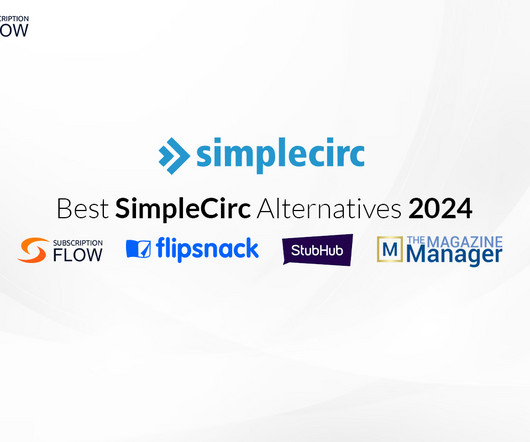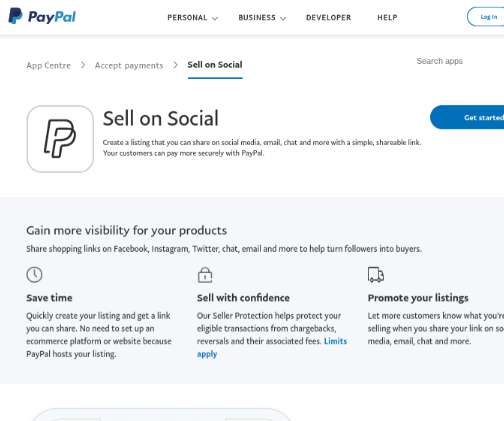ISVs vs SaaS: What’s the Difference?
Stax
APRIL 18, 2024
Independent Software Vendors (ISVs) and Software-as-a-Service Providers (SaaS) operate within the same market, thus creating a push-and-pull revenue dynamic. SaaS, or Software as a Service, companies host and deliver software applications over the internet on a subscription basis.

















Let's personalize your content